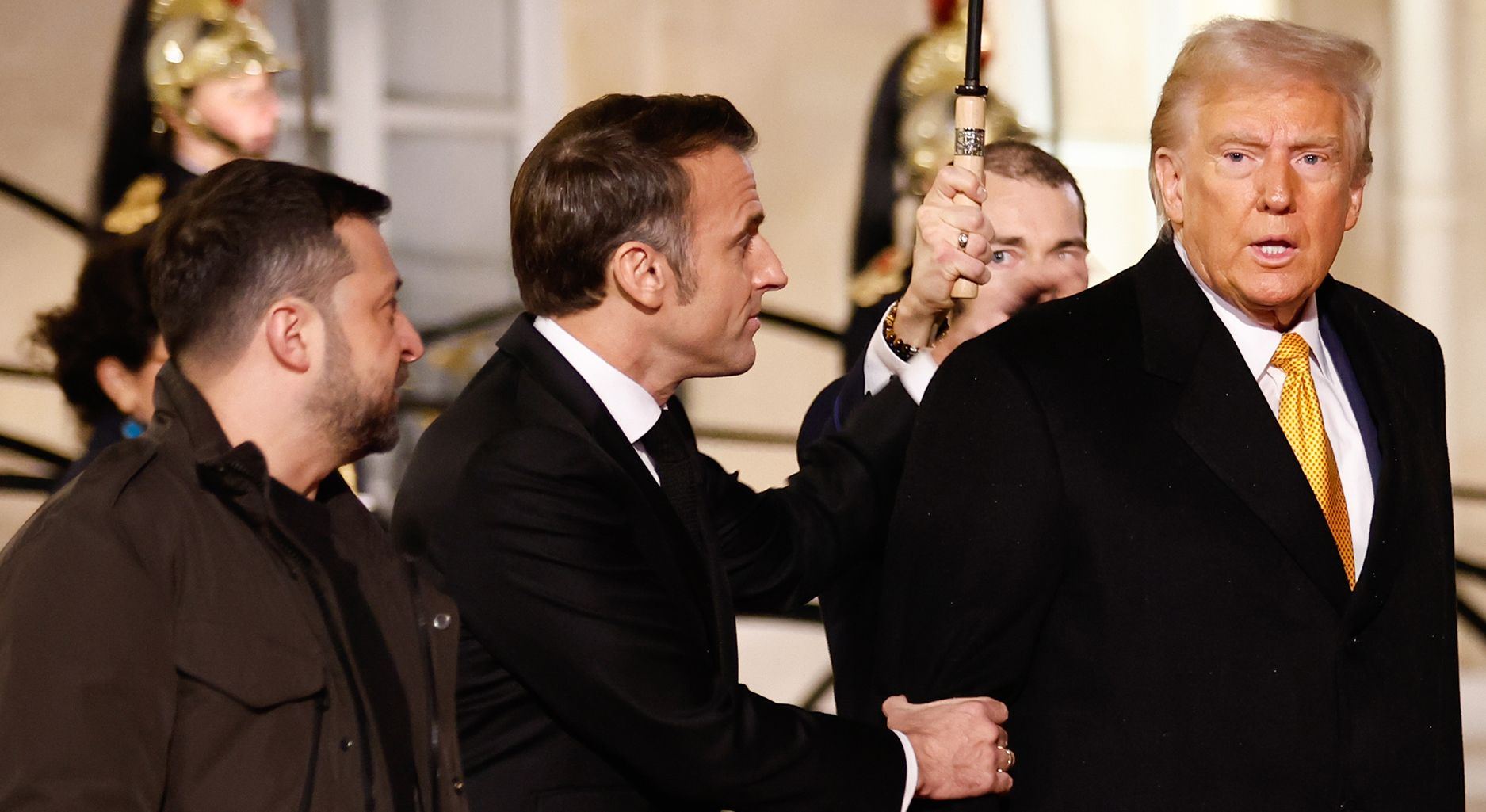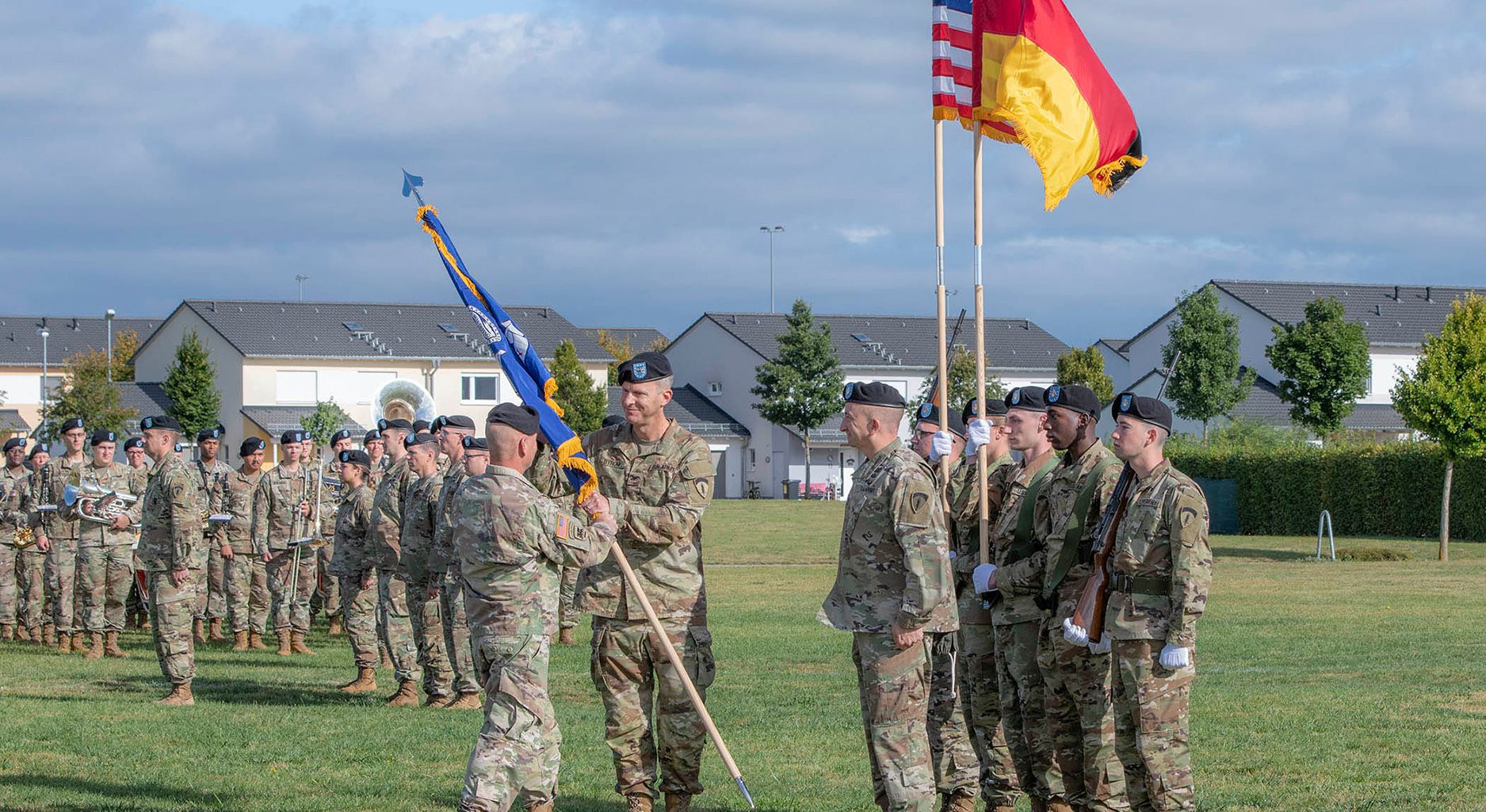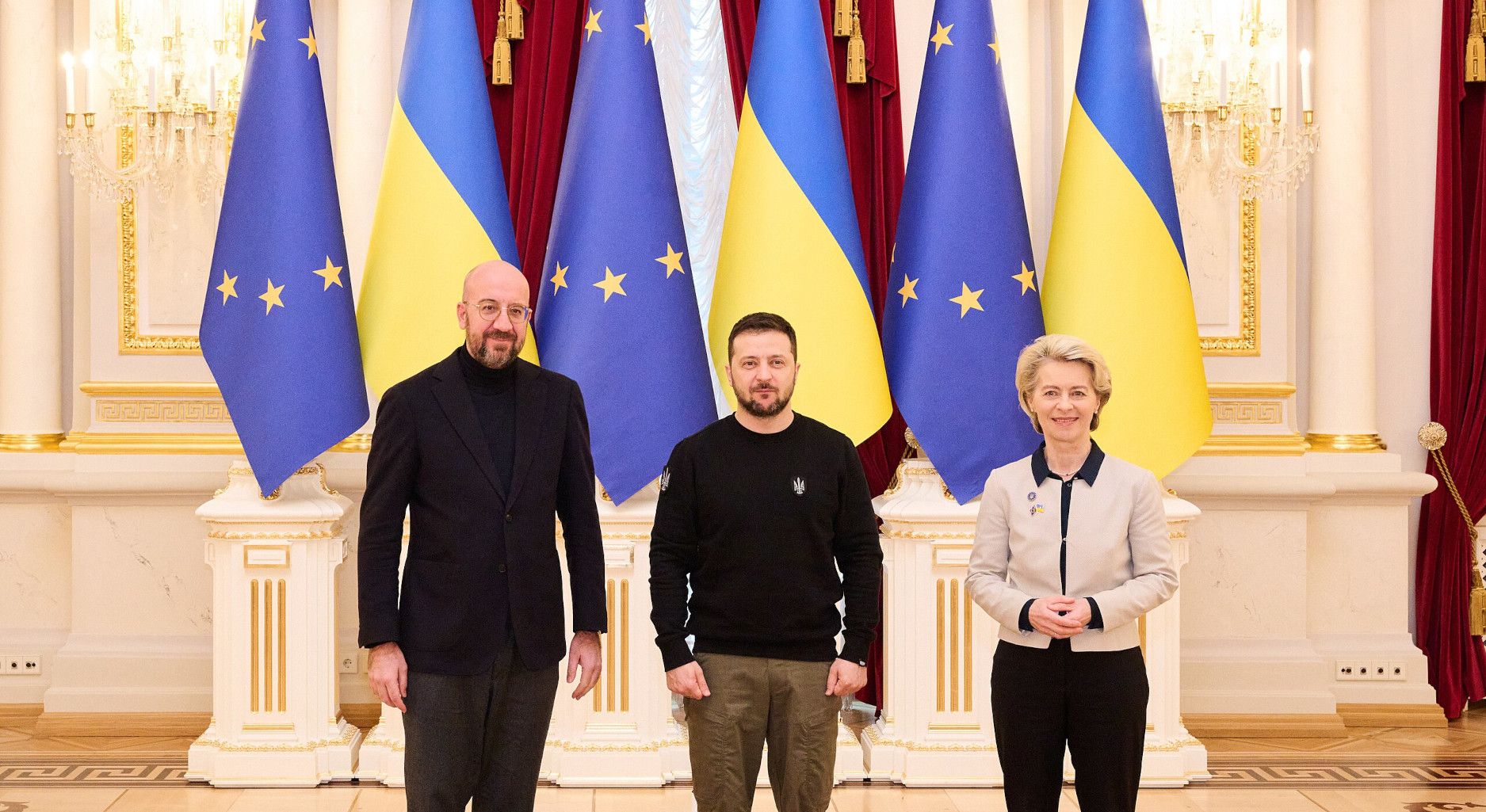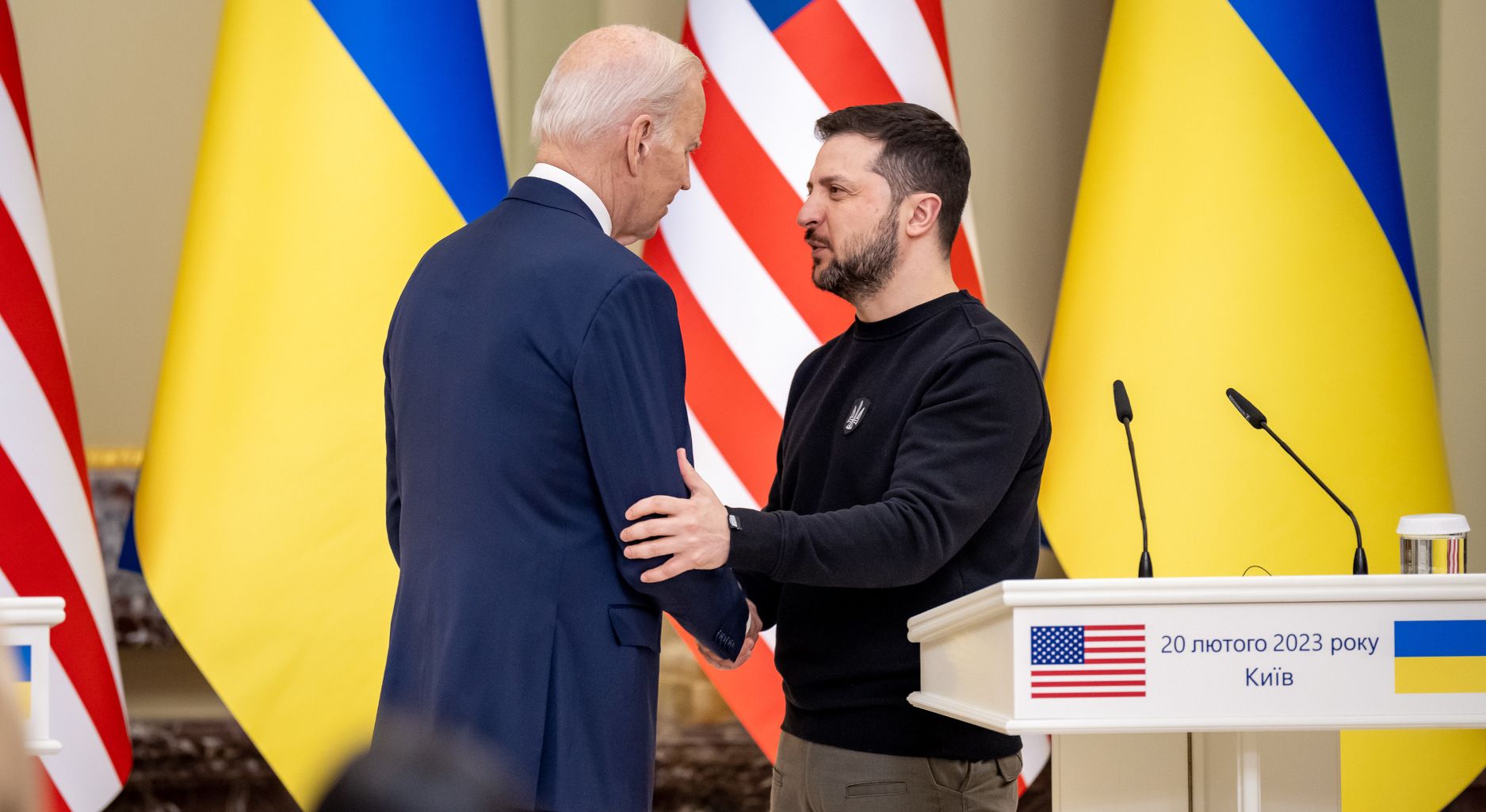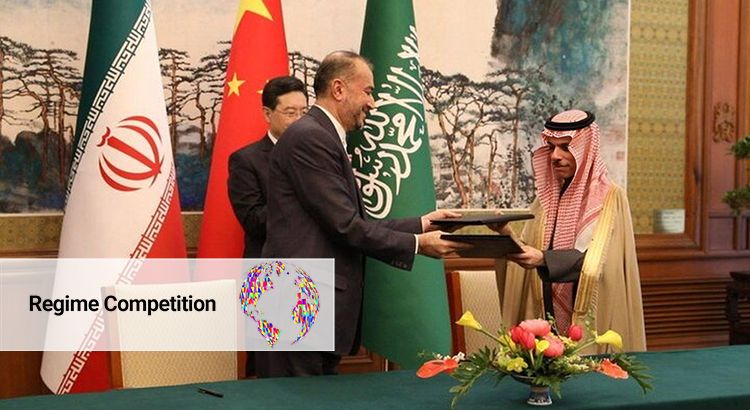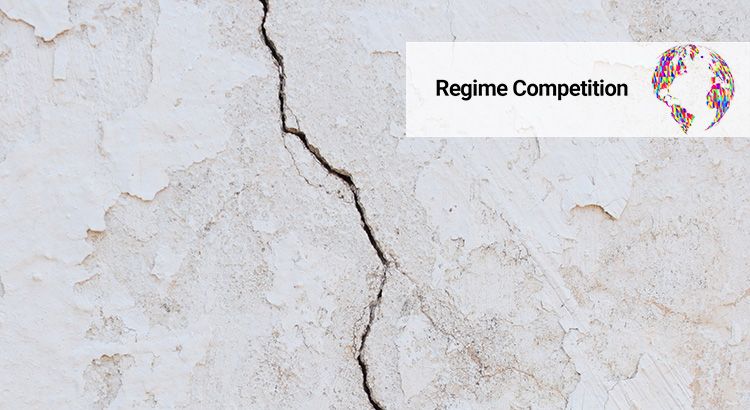Tag: Security Policy
The Trump administration’s recent actions have left many uncertain about the prospects and...
Nirgends und doch überall: Klimapolitik ist Sicherheitspolitik ist Wirtschaftspolitik
Auch auf den letzten Metern des Bundestagswahlkampfes findet Klimaschutz als Wahlkampfthema kaum...
Saving the Planet by Making Antarctica the Object of International Discord?
The recently published Emissions Gap Report 2024 warns that international ambitions must be...
Mehr als nur Abschreckung: Mittelstreckenwaffen und Multi-Domain-Operationen in Europa
Seit die USA und Deutschland am Rande des NATO-Gipfels 2024 bekanntgegeben haben, dass ab 2026...
Socio-ecological Transformation Conflicts: A Central Field of Conflict and Research in the 21st Century
Conflicts over climate and energy policy, security and geopolitical dimensions of global...
Das Raketenabwehrsystem Arrow 3: Eine fragliche Beschaffung
Die Bundesregierung beschafft für rund vier Milliarden Euro das israelisch-amerikanische...
Der Platz der Ukraine in der europäischen Sicherheitsordnung: Konturen einer Debatte II
Die Diskussion um die Frage, wie sich die Sicherheit der Ukraine nach dem Krieg garantieren...
Der Platz der Ukraine in der europäischen Sicherheitsordnung: Konturen einer Debatte I
Die Diskussion über den Platz der Ukraine in einer künftigen europäischen Sicherheitsordnung ist...
The Power of Not Using Power: China and the Saudi-Iranian Rapprochement
The intensifying systemic rivalry between great powers also involves contesting the most...
Decoupling and the “New Cold War”: Cautionary Lessons from the Past
An emerging “new Cold War” appears to pit democracies, led by the US, against autocracies, led by...
